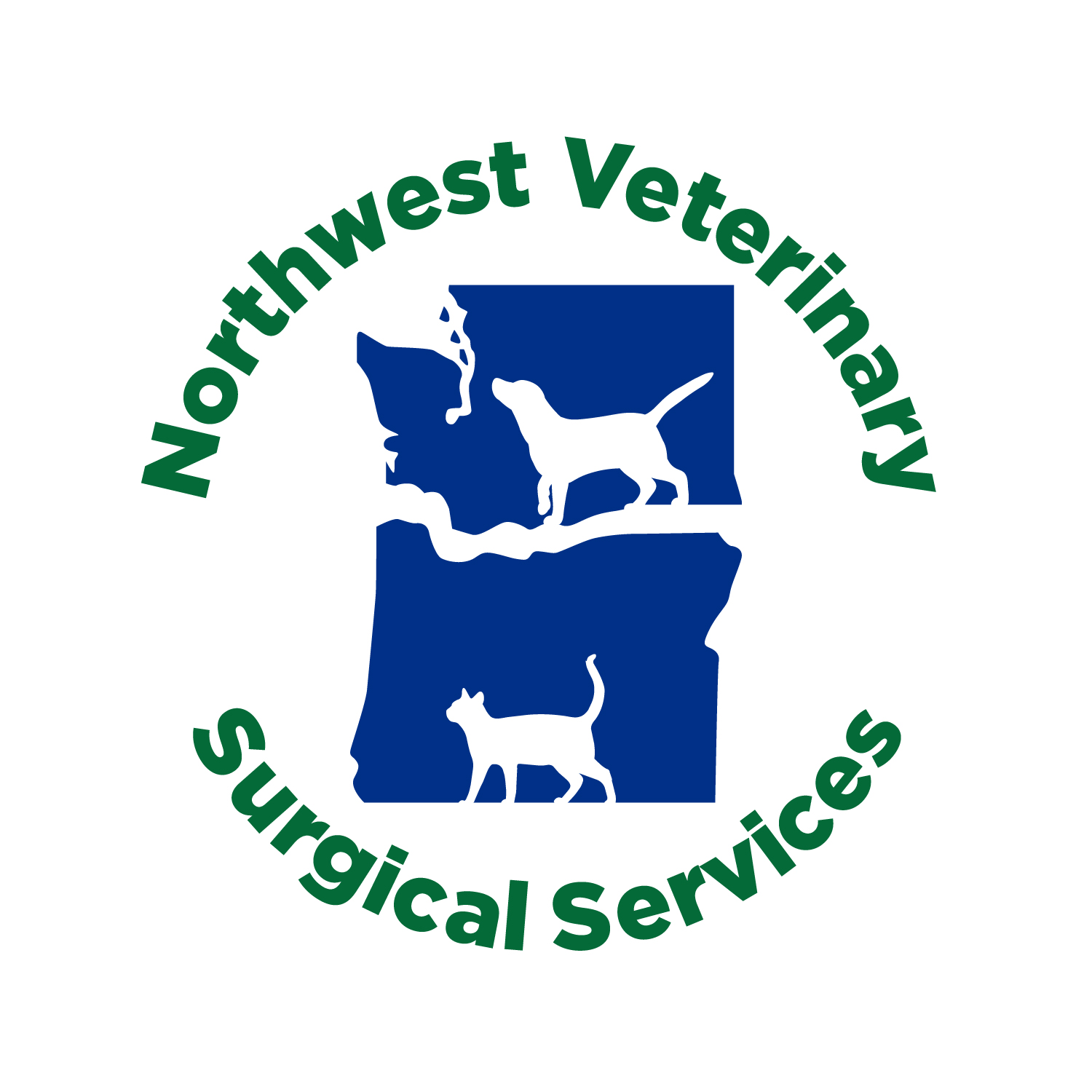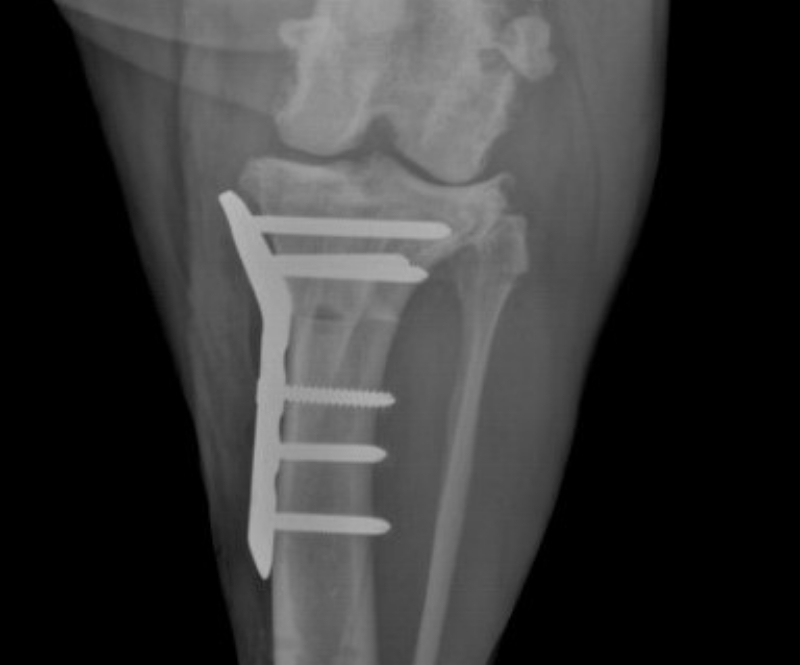Northwest Veterinary Surgical Services FAQs
There is no question too big or too small for our veterinary team. Below are some answers to Northwest Veterinary Surgical Services’ most common questions.
Frequently Asked Questions
At Northwest Veterinary Surgical Services, we get a ton of interesting questions from pet parents. Below are some common FAQs that might help answer any questions or concerns.
What brought you to the Northwest?
I worked at a practice in Redmond, Washington many decades ago when I finished my surgical residency; I absolutely loved it out here and always wanted to come back. Although my wife and I had wonderful jobs at the veterinary and human medical hospitals at Ohio State University, I talked her into moving out here! I get to be a Professor Emeritus of Veterinary Surgery at Ohio State University and enjoy a career as a veterinary surgeon on the coast of Washington.
What aspects of being an equine surgeon do you feel have helped you the most in your current role as a small animal surgeon?
What would your clients say is the main reason to trust their pet to you and your team?
You are a fairly long drive for many potential clients-has that been a concern?
I have clients who will come for outpatient visits from the Olympia/Tacoma area. They state the time driving is no more than navigating Seattle traffic for some of the other specialty practices. However, we have had patients travel longer distances who ask for information regarding hotels in the area. Due to this concern, we have partnered with a wonderful local hotel with a phenomenal restaurant, The Tokeland Hotel, to give the clients a good experience in the area while improving the lives of their pets.

